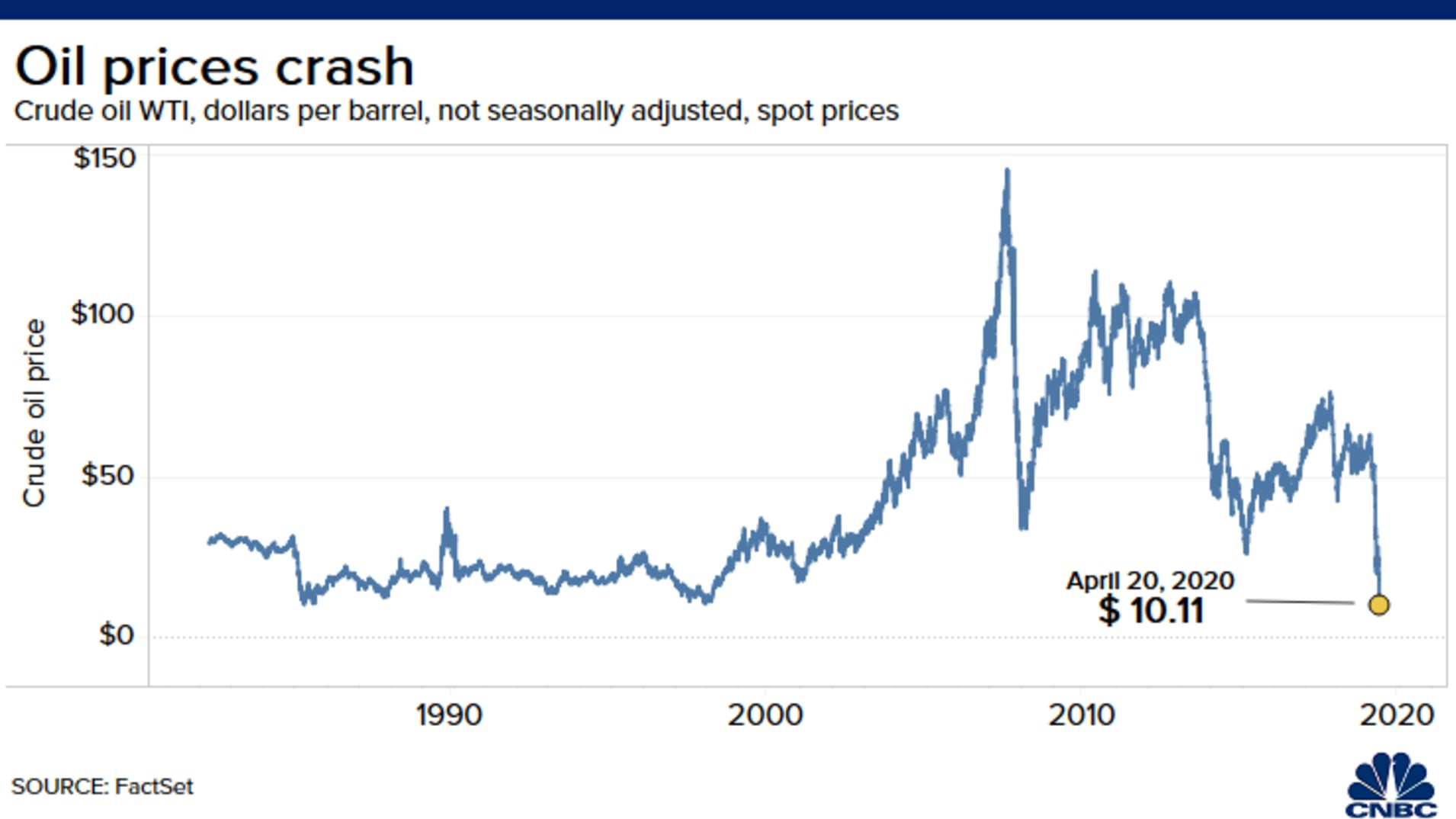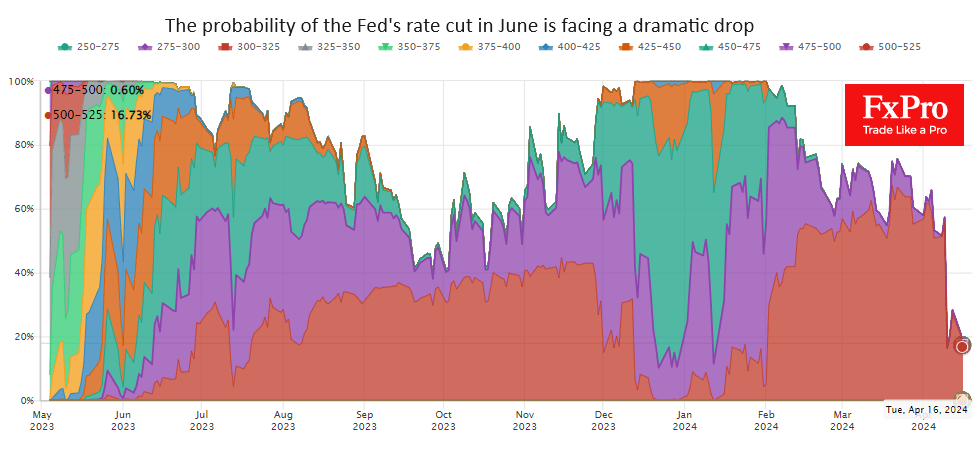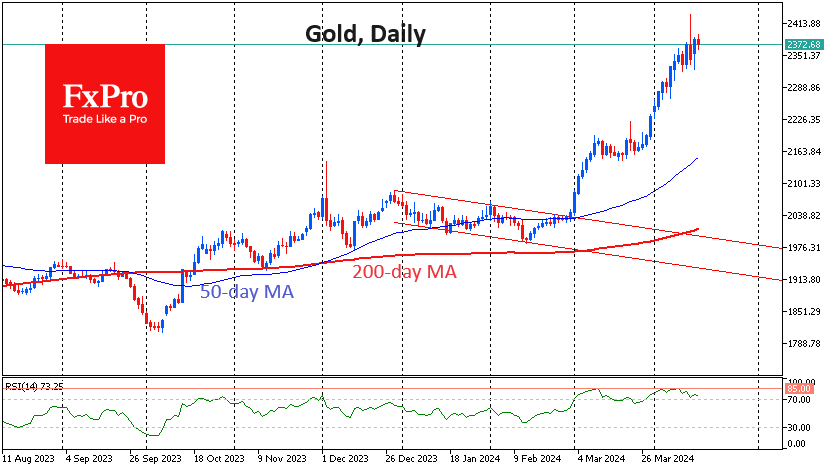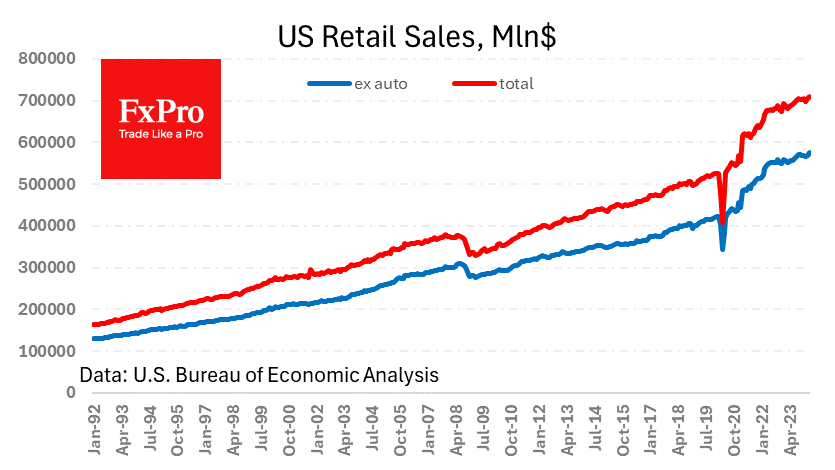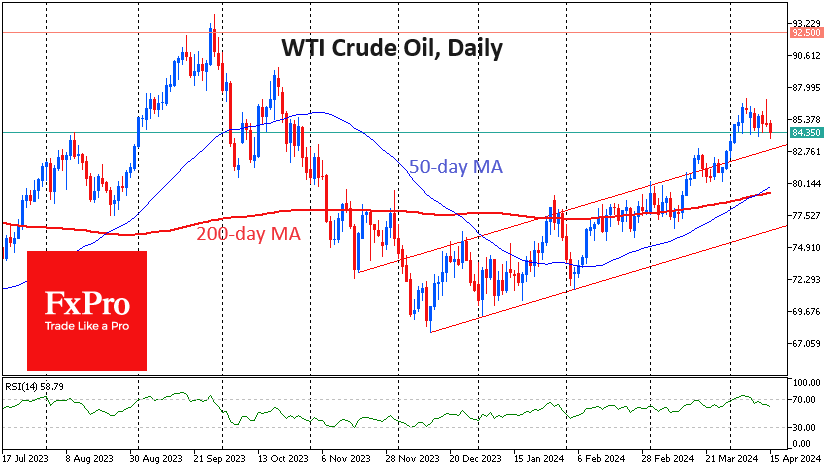US oil prices are on track for their worst day ever: Here’s why
April 20, 2020 @ 20:21 +03:00
U.S. oil prices were on track for their worst day on record on Monday, with crude storage facilities filling rapidly as the coronavirus pandemic continues to crush demand. The May contract of U.S. West Texas Intermediate (WTI) futures fell to $10.52 per barrel on Monday, down 42%. Earlier in the day it hit $10.01, its lowest level since at least April 1986.
To be sure, the May contract expires on Tuesday, thus leaving it exposed to weaker trading volumes and more extreme market moves. The June contract of WTI, which is more actively traded, fell more than 9% to $22.70 per barrel. Meanwhile, international benchmark Brent crude stood at $26.53 on Monday, around 5.5% lower for the session.
It comes amid heightened concern that the volume of oil held in U.S. storage is rising sharply, with the coronavirus crisis compounding the problem by dramatically reducing consumption. Earlier this month, analysts at Goldman Sachs warned that the coronavirus shock was “extremely negative for oil prices and is sending landlocked crude prices into negative territory.”
The U.S. investment bank said it expected waterborne crudes like Brent to be far more insulated from the coronavirus shock, with prices likely to remain near cash costs of $20 a barrel — albeit with temporary spikes below. Brent is priced on an island in the North Sea roughly 500 meters from the water, where tanker storage is accessible. In contrast, WTI is landlocked and 500 miles from water.
“This illustrates an important point,” analysts at Goldman Sachs said in a research note. They argued waterborne crudes were likely to be “better positioned” than landlocked price grades — like crude oils in the U.S., Canada and Russia — because they had comparatively easy access to tanker storage.
The Covid-19 outbreak has meant countries have effectively had to shut down, with many governments imposing restrictive measures on the daily lives of billions of people. It has created an unprecedented demand shock in energy markets, with storage space – both onshore and offshore – quickly filling up. To date, more than 2.4 million people have contracted the coronavirus worldwide, with 165,257 deaths, according to data compiled by Johns Hopkins University.
US oil prices are on track for their worst day ever: Here’s why, CNBC, Apr 20




